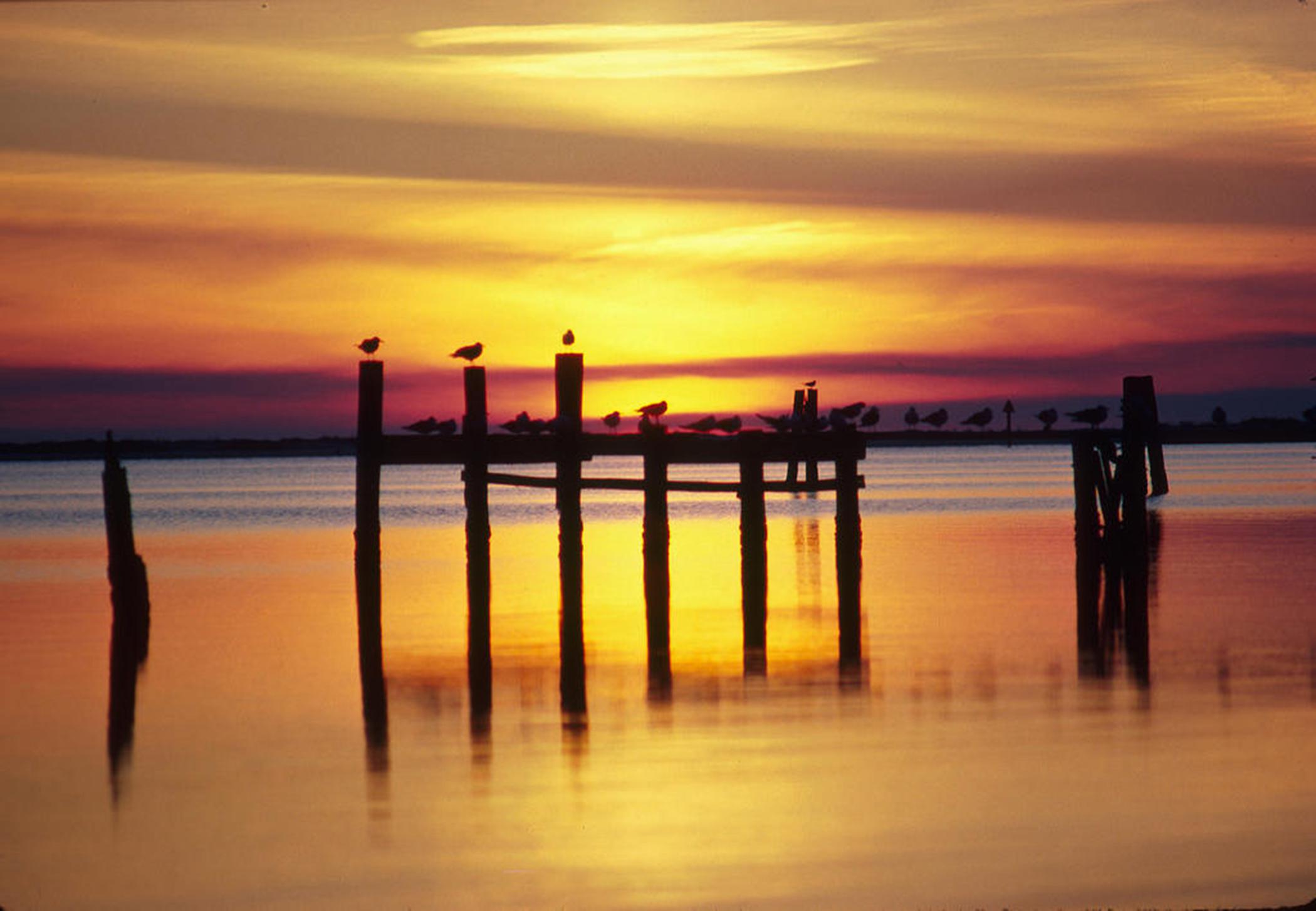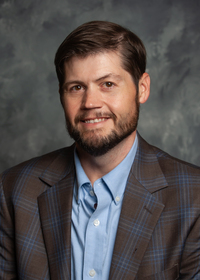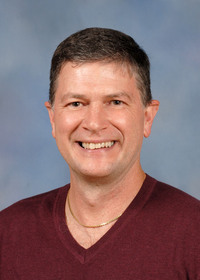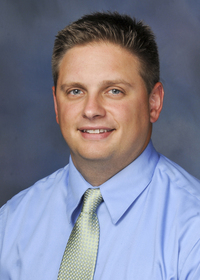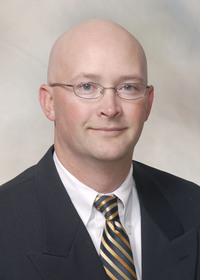Information Possibly Outdated
The information presented on this page was originally released on November 29, 2012. It may not be outdated, but please search our site for more current information. If you plan to quote or reference this information in a publication, please check with the Extension specialist or author before proceeding.
Volunteers impact Gulf Coast's wildlife
BILOXI -- A few dedicated volunteers are keeping their eyes on Mississippi’s coastal birds and amphibians in hopes of preserving the area’s wildlife for years to come.
Master Naturalists are trained by the Mississippi State University Extension Service to help protect the state’s natural resources. They promote environmental stewardship through education and service in their communities.
“With dwindling budgets, it is much more difficult for state and federal natural resource agencies to keep up with the demands of education and environmental observation,” said Chris Boyd, associate Extension professor of environmental ecology with MSU’s Coastal Research and Extension Center. “Master Naturalists are essential to helping educate the community, and they also do a lot of hands-on surveys that help monitor the health of our coastal ecosystems.”
Master Naturalist training courses have been offered primarily in the coastal area of the state since 2008 with 89 individuals completing the program and reaching 13, 517 clients. In 2012 alone, a dozen master naturalists gave 1,192 service hours, reaching 3,400 clients.
Janet Wright, a retired biology professor from Pennsylvania, went through the class in 2009 to learn about the habitats and natural history of Mississippi’s coast.
“I was very interested in learning more about the ecology of the coast and volunteering in conservation efforts,” said Wright, who lives in Ocean Springs. “But in the end, the Master Naturalist program also turned out to be a great networking opportunity, connecting me to other projects.”
Wright participates in monitoring surveys and programs in coordination with the Mississippi Department of Marine Resources, the National Oceanic and Atmospheric Administration and the Grand Bay National Research Reserve.
Wright participates in the Audubon Coastal Bird Survey, the Mississippi Amphibian Monitoring Program, the Marsh Bird Survey, the phytoplankton survey, the Diamondback Terrapin nesting survey and the Mississippi Sandhill Crane count. These surveys help measure the effect of environmental changes on wildlife and their habitats.
“Since the 2010 oil spill, the Audubon Coastal Bird Survey has been done monthly to assess the impact of the spill on coastal resident and migratory birds and to provide a baseline for future studies,” Wright said. “Amphibians are undergoing a global decline, and the amphibian monitoring survey helps focus conservation efforts by documenting the distribution and relative abundance of breeding amphibians.”
In addition to her survey efforts, Wright helps with the annual Mississippi Coastal Cleanup, a project organized by the Mississippi Department of Marine Resources and the Mississippi Marine Debris Task Force.
“The cleanup is a huge worldwide effort every year in October,” said Boyd, who also works with the Mississippi Alabama Sea Grant Consortium. “Many of our Master Naturalists volunteer for this project and help remove trash in our waterways, which is a threat to health and safety.”
In October, 2,545 volunteers picked up 2,053 bags of trash in Hancock, Harrison and Jackson counties and on the barrier islands, said the Mississippi Department of Marine Resources in a news release.
“The Coastal Cleanup is a super way for coast residents to feel like they have a stake in their environment and can help keep it healthy,” Wright said.
To earn Master Naturalist certification, participants must complete 40 hours of classroom and field instruction, eight hours of approved advanced training, and 40 hours of approved volunteer service.
A Master Naturalist training course is tentatively planned for spring/summer 2013 in the Jackson area, pending sufficient demand.
For more information about the Master Naturalist training program, contact Chris Boyd at (228) 546-1025.

